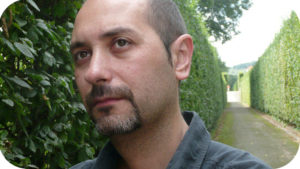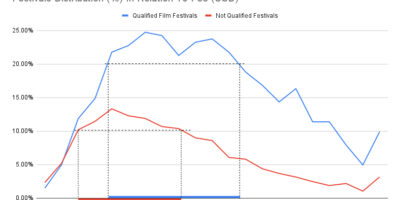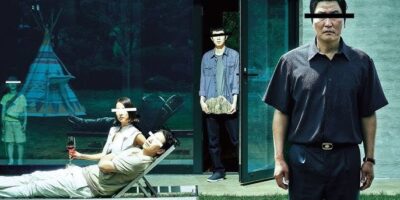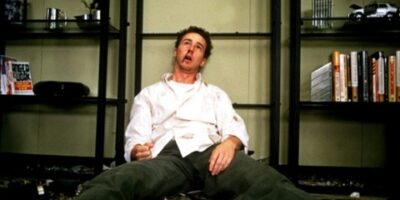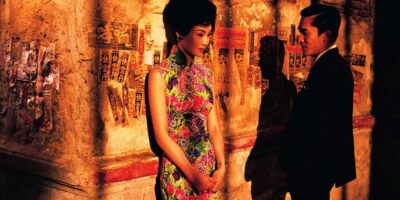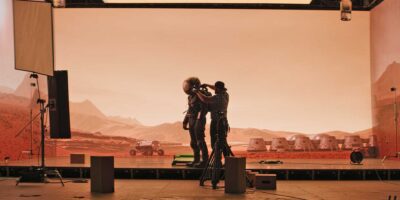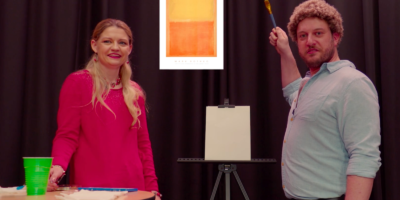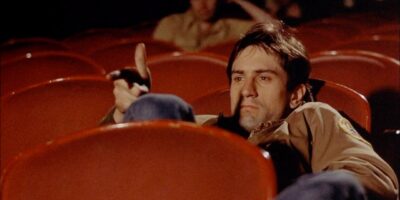SHORT FILM IDEAS
In this article, we are focused on short film ideas. Filmmakers, film school students ask how do you get ideas for short films? or what should I write a short film about? Also, the question can be put in another way: How do you write a short film script?/ How do you brainstorm a short movie? and so on and so on. To answer this type of questions the Short Movie Club invited an author of the handbook “Writing for Short Film: In the Hollywood style. In the European way. Archplot & Miniplot” Diego Fandos.
Diego Fandos is a Spanish filmmaker who works as Screenwriting instructor in Prague Film School. He has written and directed award winning short films (Under Pressure, Aurora), documentaries, commercials and the feature film Cosmos.
… Some suggestions…
Have your eyes and ears open, and if you see/hear/read something that touches you, write it, keep it somewhere and consult this list of ideas from time to time… I think that this is the best way: when you fall in love for some reason with an anecdote, a dialogue, an action, a news… and this will impulse you to create a story.
Some periods are very fertile, and you see stories everywhere, however, the draught might come. Some tips for this grey periods…
1) In order to try to fish ideas… walk aimlessly, with no hurry and with no internet connection; in general, for writers, I recommend not to have a smartphone, this is not a joke,
2) Put LIMITS to your own imagination: start with ONE element and build a story from here, for instance:
-you want to talk about “truth”, that´s the THEME; then, you come with a protagonist, e.g., a 12 year old kid; then, come with circumstances that provoke a conflict (some cookies has disappeared, dad is angry because he knows that the kid took them, but the kid knows that dad came very late yesterday… from where?…), etc…
-or you start from a great LOCATION you have: you live close to a dilapidated train station, and you can shoot there easily, that´s great… so, start to imagine a story that takes place there…
-or you have a friend who is a great MAKE UP artist… so, build a story where make up is important…
…The message is: start with ONE element.
If I´d have to choose this one element, I´d recommend to start with the THEME and from there constructing the story.
3) ADAPTATION… find a good story that has already been created, if it´s from the literature world, try that is a very short one (maybe a paragraph), and have in mind that might be properly translated into film language… watch out, sometimes the literature world is very different to the film world.
Each author has his/her own tips in coming with ideas. In my book “Writing for short film”, I asked to some screenwriters about it. I include here the answers of two of them:
This is what Roberto Pérez Toledo, a great Spanish filmmaker (creator of Los gritones) said:
–If you are looking for an idea and the idea does not come, do you use creativity exercises?
When we get into the dynamic of writing I think that my perspective is transformed: I see ideas everywhere, behind news I read in the newspaper, behind sentences on Facebook walls, behind tweets… there is a moment when your head does not rest, the truth is that you are already trapped by this addiction. So I have been alert for years. I have several notebooks, several files on the computer where I write ideas, sentences. Sometimes I mix different ideas and see if they might enrich each other.
It also amuses me a lot to propose an idea with certain conditions. For example, doing something in a one shot sequence, or in a particular genre. I like those kinds of exercises a lot and they stimulate me, they make my imagination work. For example, I have to make a short film on this sofa, with two actors – find a story here. And something usually comes along.
And this is what another genius, Borja Cobeaga (Democracia, One too many (Oscar nominated)) answers in the same book… what to do, what not to do…
– How do the ideas come?
The ideas… I used to think – it’s typical – that you have to write about what you know and things like that, and it has really worked out for me. Yes, I always have a mechanism to think about something very familiar and then, give it a turn: “What if this or that happened?” When I did The First Time or One Too Many there was always a real or familiar component, and what I did was expand the possibilities with a, “what if this happened?” and from there I pulled the thread… many ideas have come from that method.
But now I’m open to discovering things and areas that I don’t know. I saw Carlos Vermut -director of Diamond Flash and Magical Girl– in a colloquium. He said that for him writing was not talking about things close to him, but about distant concepts and trying to understand them. If you had asked me about this five years ago, I would have told you, “I write about what I know”, because that’s the way it really and truly comes to me… I still think that but I do not take it so much as dogma.
– How do you recognize a good idea?
You trust your instinct, you trust what you like. Yes, that instinctual thing can become a criterion and that criterion is also educated through trial and error. Before The First Time I made “cinephile” shorts: a thriller or a romantic comedy but very much based on things I had seen on TV or in the cinema. Then for The First Time I wrote a very familiar story, inspired by situations I knew from the city where I grew up. I enjoyed writing it and directing it and that’s when I changed my approach.
[Cobeaga´s career skyrocketed with This first time]
So, I hope that these suggestions for short film ideas will inspire you!
Diego Fandos
See also
PERCIEVING CINEMA WITH DIEGO FANDOS
CINEMA RESEARCH AND STUDY OF SHORT FILM CONTEXT
FILM CROWDFUNDING OPPORTUNITIES WITH SHORT MOVIE CLUB
RELATED ARTICLES:

Toward Cinematic Anthropocene
Read More

Psychological Dimension of Filmmaking
Read More
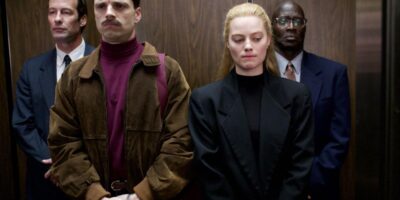
Film Studies Conference
Read More
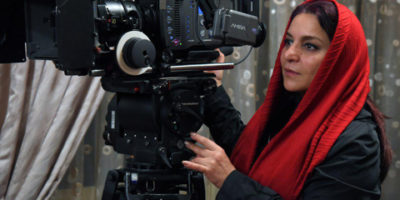
IRANIAN WOMEN CINEMA: THE FEMALE REPRESENTATION NARRATED BY IRANIAN WOMEN FILMMAKERS
Read More

ANAL STAGE OF PSYCHOSEXUAL DEVELOPMENT IN SCREENWRITING: EVOLUTION OF TECHNIQUE
Read More
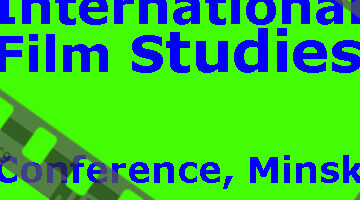
International Film Study Conference
Read More

CAN WE MEASURE HAPPINESS* OF FILMMAKING?
Read More

Calculators
Read More

Do non-artistic factors affect film selecting?
Read More

